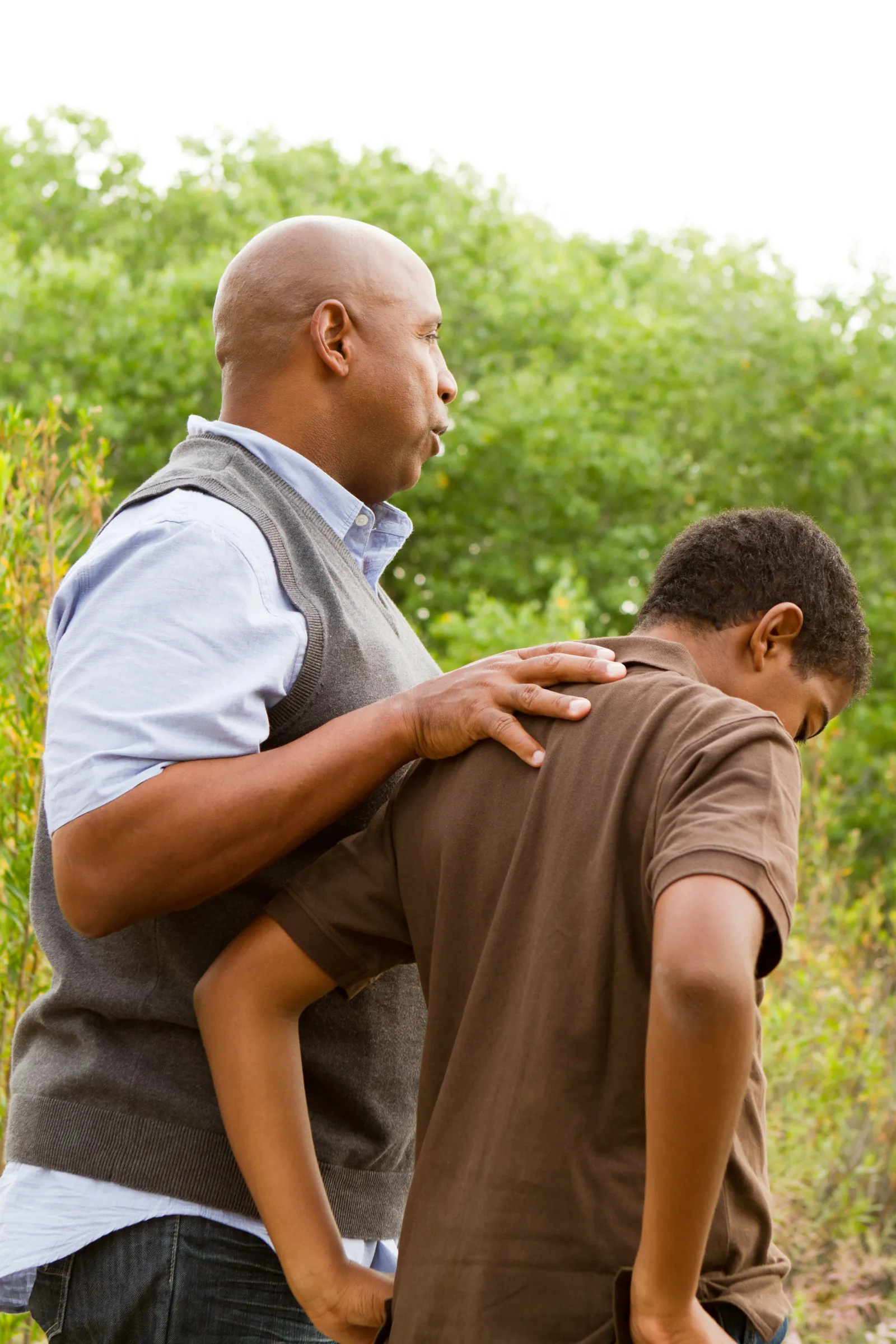

Understanding Depression
More than sadness, depression changes everything.

Depression can quietly reshape every part of life - your energy, your relationships, even your sense of self. At Lifegrowth, we understand that depression is more than just feeling sad. It’s often rooted in a mix of emotional, biological, and relational factors that deserve careful attention. Our team takes a thoughtful, whole-person approach to treatment - starting with a personalized evaluation to understand what’s beneath the surface. Whether you're an adult, teen, or parent of a struggling child, we offer the support and tools you need to move from surviving to thriving.
“What causes depression? How is depression treated in children and adolescents?”
“What causes depression? How is depression treated in children and adolescents?”
Depression is One of the Most Common Mental Health Challenges
Depression affects millions of people across all age groups, often significantly disrupting daily life. Research shows that depression impacts 4% of children, 20% of adolescents, and around 8% of adults, with higher rates reported among females. Among adolescents, nearly two in five experience feelings of sadness or hopelessness, and many struggle without receiving treatment. While symptoms vary, depression often presents as sadness, irritability, physical discomfort, sleep disturbances, and difficulty maintaining responsibilities or relationships.
Depression Looks Different for Everyone
Depression manifests in different ways depending on age and individual circumstances. For children, it may appear as frequent stomachaches, school refusal, or persistent feelings of worthlessness. Adolescents often experience deep fatigue, excessive sleep, or social withdrawal, sometimes accompanied by thoughts of hopelessness. In adults, depression can interfere with work, relationships, and motivation. No matter how it appears, depression is real, and addressing its causes is key to long-term recovery.
Depression is More Than Just an Emotional Struggle
Depression is not simply sadness—it can be linked to biological imbalances, nutritional deficiencies, unresolved emotional trauma, and relationship challenges. Identifying these contributing factors is critical to creating effective treatment plans.

How Does Lifegrowth Help?
At Lifegrowth, we focus on identifying the underlying factors contributing to depression, looking beneath the surface of thoughts and behaviors to determine what is fueling a person’s depression so that treatment can target the root of the issue.
Through personalized evaluations, we explore biological issues, emotional well-being, and relationship dynamics to create a comprehensive treatment plan. Our therapy approach is designed to help individuals gain control over their thoughts and emotions while addressing practical challenges like nutrition, stress management, and relationship health. Having a professional counselor who serves as an objective guide can be a turning point in reversing depression and restoring a sense of balance and hope.

Frequently Asked Questions
Our Trained Counselors
At Lifegrowth, our counselors are highly trained professionals with expertise in treating depression and anxiety across all age groups. They use evidence-based approaches, such as cognitive-behavioral therapy (CBT) and mindfulness techniques, to help clients understand and manage their depression effectively. With ongoing training and a commitment to personalized care, our team provides tailored strategies to address each client’s unique needs, fostering resilience and confidence.
Resources for Depression


I remember the first night my daughter stomped into the house, backpack still slung over her shoulder, declaring she’d rather do anything but homework. As a psychologist and brain coach, I knew this drama wasn’t just about math problems or spelling words—it was a clash of needs, expectations, and brain wiring. If you’re a parent or grandparent feeling stuck ... READ MORE


Drew Morrison and Dr. Carmen Morrison are mother and son and therapists at Lifegrowth Psychological Services. Together, they speak on topics combining wisdom from their professional practices and real-life. Today’s discussion is a must-read for working moms and dads navigating the often-turbulent teen years. Whether you feel at loggerheads with your teen or simply wish to build a more secure ... READ MORE


